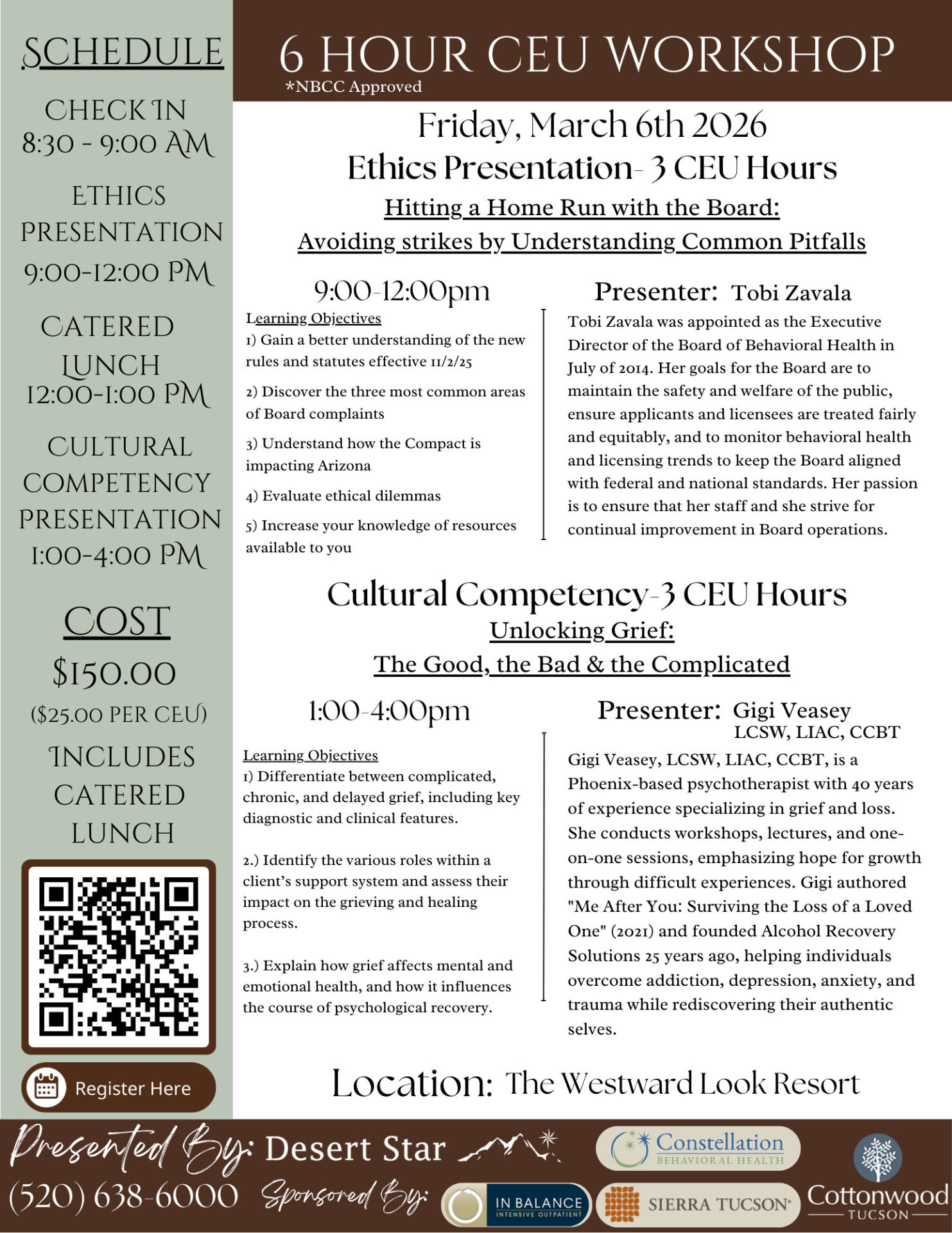On November 13, 2025, the world will celebrate World Kindness Day. This annual, global event is a reminder of how important and impactful random acts of kindness can be. They can create a ripple effect (remember skipping stones across a pond as a kid?!?!?) throughout your community—and you can touch lives of people that you don’t even know you were connected to. In a world that often feels chaotic and disconnected, World Kindness Day offers an opportunity to reconnect not only with others but with ourselves, contributing meaningfully to mental health support and emotional recovery.
Simple Things You Can Do to Make the World a Kinder Place
- Become a RAKtivist: a Random Acts of Kindness Activist! This is a group of people who spread kindness throughout the world, wherever they go! Simple acts of kindness can go a long way to improving someone’s day. Next time you are in line at the grocery store, let someone ahead of you. Hold the door open for someone behind you. Pay it forward: are you ordering your favorite coffee drink? Pay for the person behind you…you never know how that will impact the other person’s day. Find out more by visiting: RandomActsOfKindness.org
- Visit your local “free little library”—do you have bookshelves full of books, collecting dust…and know that you may not ever read what is sitting there? Find a little library in your neighborhood and donate the books. They are generally on or near a sidewalk and easily accessible. Donate your books and browse for a new title that catches your eye! Check out: LittleFreeLibrary.org
- Visit a senior care home—many people in senior care homes do not get a lot of visitors. For some, living there can be a lonely place. Call the local care facility near you and see if they allow open visitation. Take a card game or board game with you and spend some time with a resident or two. An hour of visiting can make their entire day brighter—and you may just make a new friend in the process!
Benefits of Being Kind
It may not be coincidental that World Kindness Day happens in November, the month where we generally focus on gratitude and thanks. Kindness, gratitude, and thanks have many health benefits in common (physical, mental, emotional, spiritual). Engaging in kind behaviors—whether it’s offering a compliment, helping a neighbor, or simply listening to someone in need—can trigger the release of dopamine and serotonin, two brain chemicals that contribute to feelings of happiness and calm. Kindness also activates the brain’s reward centers, which can provide a natural “helper’s high.” Kindness promotes the production of oxytocin, a hormone linked to bonding and trust. Oxytocin helps reduce blood pressure and cortisol levels (a stress hormone), creating a physiological state of relaxation. These responses can be especially beneficial for individuals who are navigating mental health challenges or recovering from trauma.
Being kind to others builds stronger social connections, by building and maintaining relationships with others. It also increases your empathy towards people, helping you be more supportive and understanding in your relationship with others.
When you contribute to society (volunteering, donating to a cause, etc.), it provides you with a sense of purpose, which can lead to overall improvement in your mental health. Being kind causes you to be happier! Who doesn’t want to experience more of that and less symptoms of anxiety and depression?
Kindness as a Tool for Recovery
Whether you or someone you know is recovering from a mental health condition, substance abuse, or emotional trauma, kindness can serve as both a personal practice and external support system. For individuals in recovery:
- Receiving kindness reinforces that they are worthy of love and care.
- Giving kindness offers a sense of purpose and agency, which can be empowering.
Therapists, recovery programs, and 12 step groups increasingly integrate kindness practices into healing strategies. Activities like gratitude journaling, volunteering, or participating in support groups are all forms of kindness-oriented behaviors that support sustained recovery and personal growth.
Being Kind is Contagious
When other people witness random acts of kindness, they are more likely to be generous to someone else. Its benefits on mental health and recovery are real, lasting, and deeply human. Whether you’re on your own journey toward wellness or supporting someone else, embracing kindness—on this day and beyond—can be a meaningful step toward a healthier, more compassionate world. Let’s keep the movement going!




